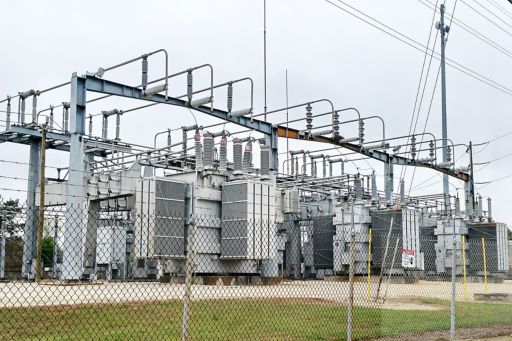This publication provides information on developments in the Nigerian Gas Sector space during the first and second quarters ended June 2021. We hope you find the information and insights in the publication useful.
1. Nigerian Government creates $500bn loan funding arrangement for importers of gas flare equipment.
The Bank of Industry, in collaboration with the Bank of China, has created a US$500bn funding arrangement to finance the importation of gas flare equipment into the country. To access the funding, intending borrowers are required to provide an advance of 25 percent of their funding needs and import the gas flare equipment from China. For companies/players that intend to import their flare capture equipment from the United States, the US Exim Bank has also approved $69.8million for this purpose.
This is a welcome development as it aligns with the Federal Government of Nigeria’s (FGN) commitment to revitalizing the domestic gas sector, as the country moves towards zero emission. Furthermore, the initiative will ease the access to funding, which, prior to now, has been a major bottleneck to potential investors/players in that sector.
It is instructive to note that prior to the above initiative, the Central Bank of Nigeria (CBN) had in the third quarter of 2020 launched an intervention fund of N250billion for the Nigerian gas sector, to help stimulate investment in the gas value chain. The aim of the fund was to encourage the adoption of compressed natural gas (CNG) as the fuel of choice for power generation and transportation, and liquified petroleum gas for domestic cooking, amongst others. However, industry players have indicated that accessing the CBN intervention fund was difficult, as commercial banks were treating access to the fund like conventional bank loans, thereby stalling its disbursement. Operators have therefore opined that it is important that the CBN and other development banks prioritize the development of the Nigerian gas industry by providing concessionary interest rates and guarantees for dollar-denominated loans, in order to improve lender’s confidence in the gas projects.
Click here to read more on this publication


